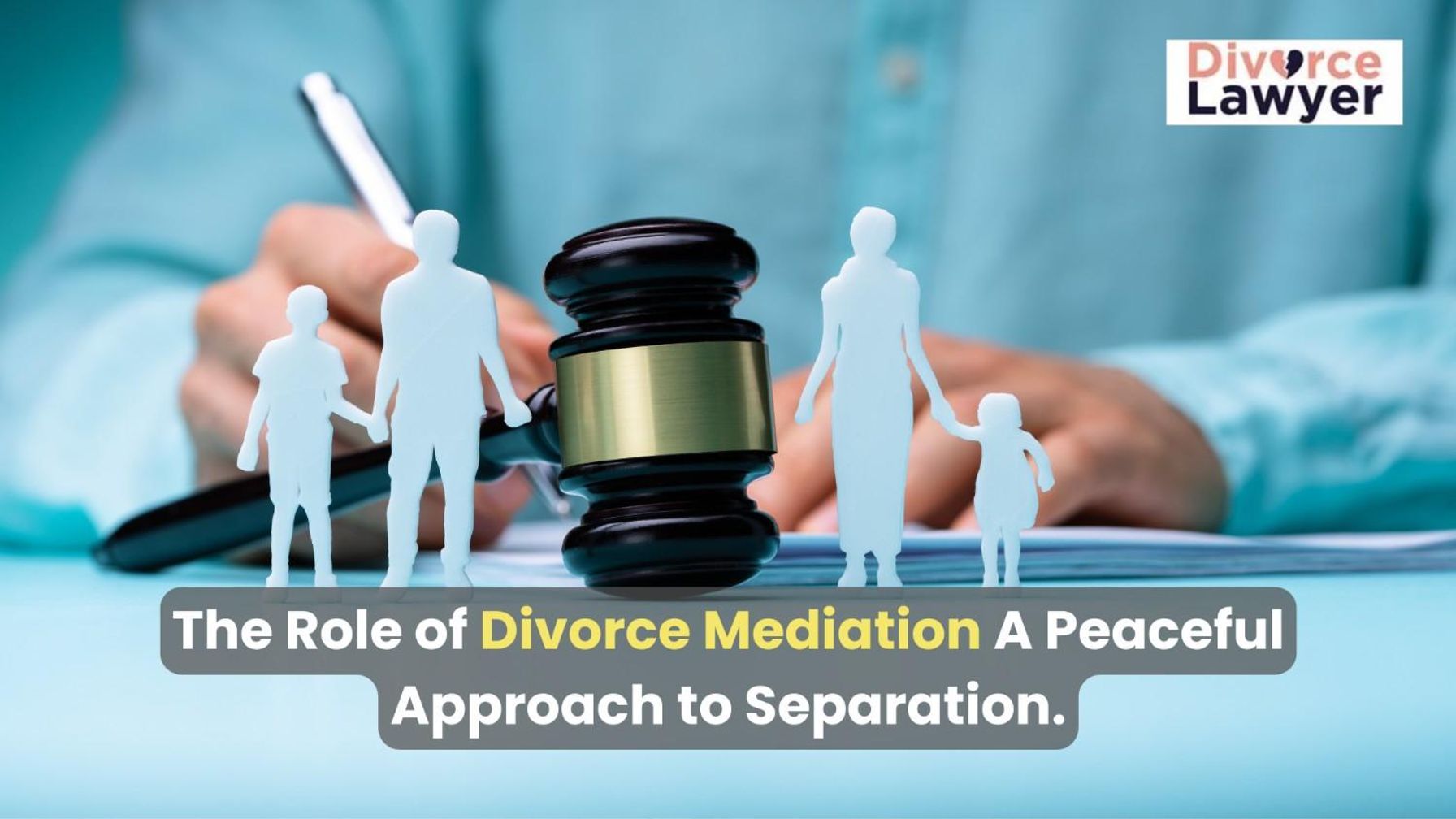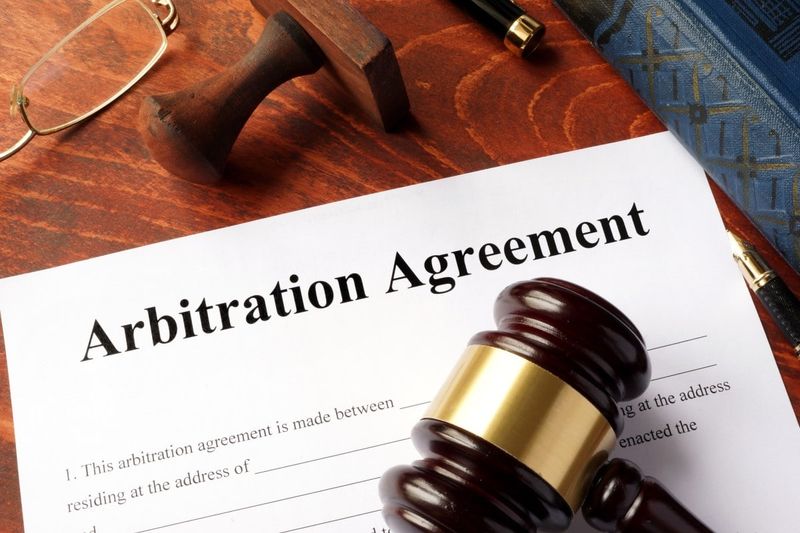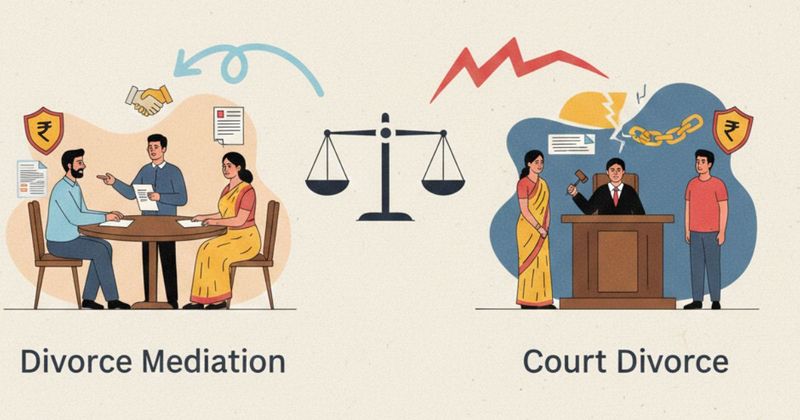Divorce is never easy, and it’s becoming more common as couples face challenges that may seem insurmountable. While divorce rates have surged over the years, many are now seeking alternatives to the traditional courtroom battle. Divorce mediation has emerged as a peaceful, amicable way to separate without the emotional and financial toll often associated with litigation.
What is Divorce Mediation?
Divorce mediation is a process where a neutral third party, known as a mediator, assists couples in navigating the terms of their separation. Unlike litigation, where each side often competes for the “best” outcome, mediation focuses on finding common ground. It allows couples to reach mutually beneficial agreements, making the process less confrontational and smoother overall.
Mediation vs. Traditional Litigation
In traditional litigation, each spouse has a lawyer, and a judge ultimately decides the outcome. This can result in a lengthy, costly, and often adversarial process. Mediation, on the other hand, allows couples to control the terms of their divorce, leading to higher satisfaction and a more tailored resolution for both parties.
Why Mediation is Becoming Popular
More couples are choosing mediation because it offers a peaceful, cooperative atmosphere to resolve disputes. It allows for a personalized outcome and can be far less emotionally draining than a courtroom battle.
Benefits of Divorce Mediation
- Cost-Effective: Mediation is typically far less expensive than litigation, which can drain financial resources through court fees, attorney costs, and prolonged proceedings.
- Faster Resolution: Litigation can take months or even years, whereas mediation often reaches a resolution within weeks or months.
- Reduced Emotional Stress: A court battle can be emotionally taxing, especially if children are involved. Mediation provides a less combative environment, fostering a more respectful separation.
- Preserving Relationships: Mediation encourages collaboration, which can help preserve a positive relationship post-divorce, especially important for co-parenting.
The Divorce Mediation Process Explained
- Initial Consultation: The process begins with an initial consultation, where the mediator explains the process and assesses whether both parties are willing to proceed.
- Identifying Common Goals: The mediator helps the couple identify shared goals, such as child custody arrangements, asset division, or support payments.
- Negotiating Terms: Both parties work with the mediator to negotiate divorce terms. This may involve compromises, but the goal is to reach an agreement satisfying both parties.
- Drafting the Agreement: After all terms are agreed upon, the mediator drafts the final divorce agreement, which can then be reviewed by attorneys and submitted to the court.
Key Roles in Divorce Mediation
- The Mediator: Facilitates conversation, keeps discussions on track, and ensures that both parties are heard. The mediator remains neutral, guiding the couple towards their own agreement.
- Both Spouses: Both spouses must actively participate, be honest, and focus on finding mutually beneficial solutions.
- Attorneys and Other Professionals: While attorneys don’t typically lead in mediation, they can provide valuable advice. Other professionals, like financial advisors or child specialists, may also be involved as needed.
Common Issues Addressed in Divorce Mediation
- Child Custody and Visitation: Mediation helps parents create custody and visitation plans in the child’s best interest while respecting both parents’ rights.
- Division of Property and Assets: Dividing property can be contentious, but mediation aims to reach a fair agreement without the need for court intervention.
- Spousal and Child Support: Mediation addresses spousal and child support, allowing for flexible arrangements that make sense based on the couple’s situation.
Divorce Mediation vs. Litigation
- Encourages Cooperation: Mediation fosters cooperation, while litigation often promotes adversarial relationships.
- Privacy: Mediation is private, unlike courtroom litigation, which is typically public. This can help couples resolve personal matters without public scrutiny.
Who Can Benefit Most from Divorce Mediation?
- Couples with Children: Mediation helps couples work out custody and co-parenting arrangements with minimal emotional harm to the children.
- Couples Seeking a Less Stressful Process: If both parties want a smoother, less combative process, mediation is ideal.
- High-Conflict vs. Low-Conflict Couples: Low-conflict couples tend to thrive in mediation, but even high-conflict couples can benefit from the structured process—unless there’s abuse or significant power imbalance, where litigation might be more protective.
Potential Challenges of Divorce Mediation
- When Mediation May Not Be Suitable: Mediation might not work in cases of abuse, significant power imbalance, or severe conflicts.
- Handling Power Imbalances: A mediator may take steps to ensure both parties have an equal voice, but significant power imbalances can complicate the process.
- If Mediation Fails: If mediation doesn’t result in an agreement, couples can proceed to court. However, the efforts made during mediation may expedite the court process.
Legal Aspects of Divorce Mediation
- Is Mediation Legally Binding? Once both parties sign the agreement, it becomes legally binding but still requires court approval to be enforceable.
- Ensuring Enforceability: Both parties should have the agreement reviewed by their attorneys before submitting it to the court.
- Court Involvement in Mediation: Though mediation occurs outside the courtroom, the final agreement must be filed with the court to be legally recognized.
Divorce Mediation and Children
- Prioritizing the Child’s Best Interest: Mediation prioritizes the child’s best interest, helping parents create plans that work for everyone involved.
- Supporting Co-Parenting Plans: Mediation encourages parents to establish cooperative co-parenting plans that benefit the child’s well-being.
- Reducing Emotional Impact: Mediation reduces the need for children to witness courtroom conflicts, minimizing their emotional strain.
Tips for Successful Divorce Mediation
- Choosing the Right Mediator: Look for an experienced mediator in family law with strong communication skills and a neutral stance.
- Preparing for Mediation Sessions: Know your goals, be ready to negotiate, and stay open-minded.
- Staying Flexible: Flexibility is key. While it’s essential to have priorities, being willing to compromise leads to better outcomes.
Conclusion
Divorce mediation offers a peaceful, effective alternative to courtroom drama. By emphasizing cooperation, communication, and fairness, mediation helps couples part ways with minimal strain. This process also sets the foundation for a positive post-divorce relationship, especially for co-parenting.




